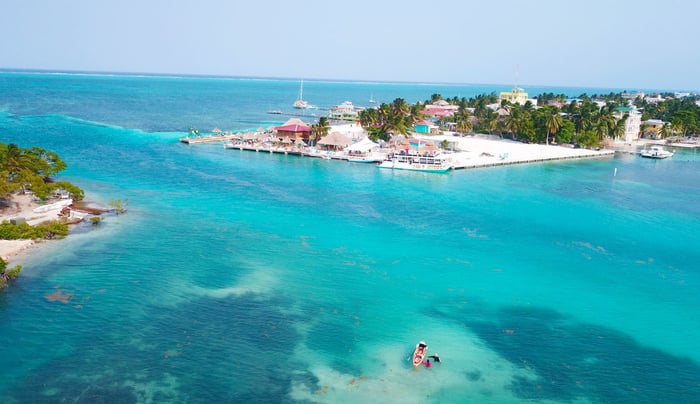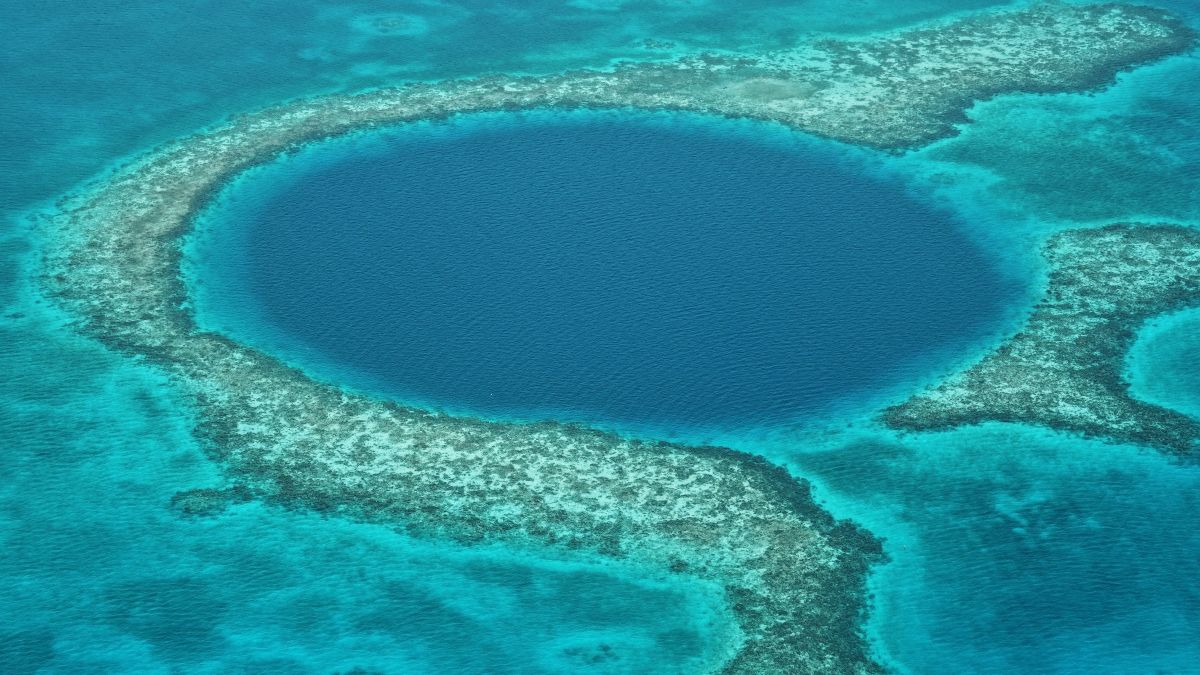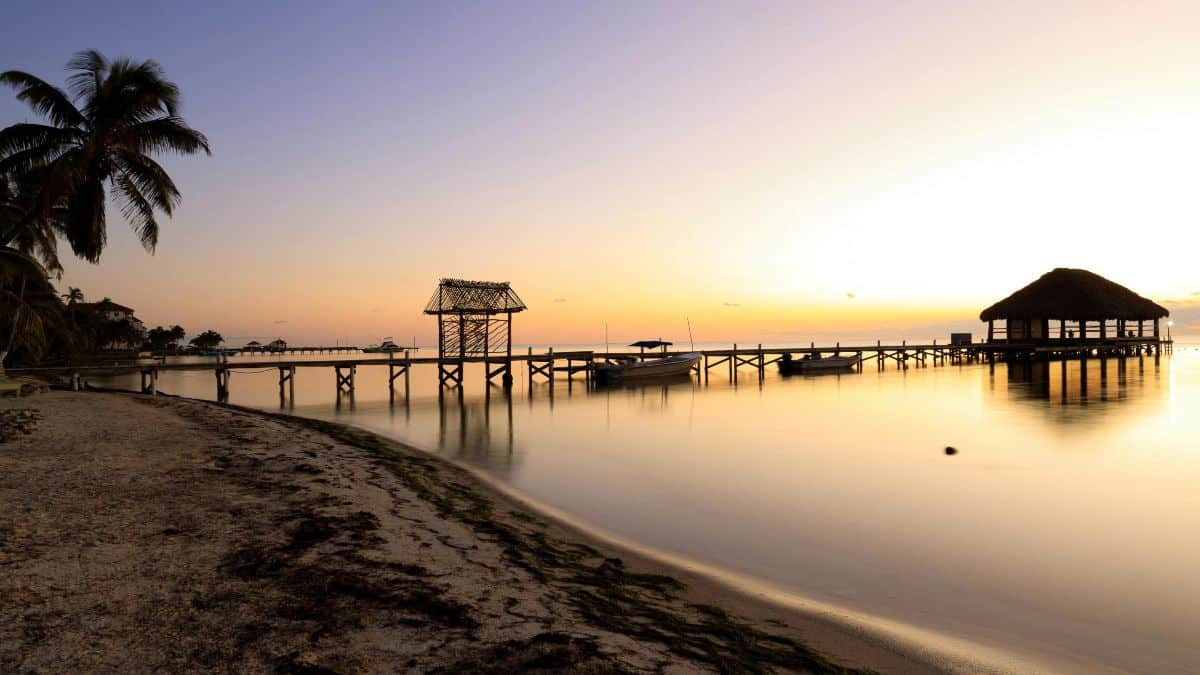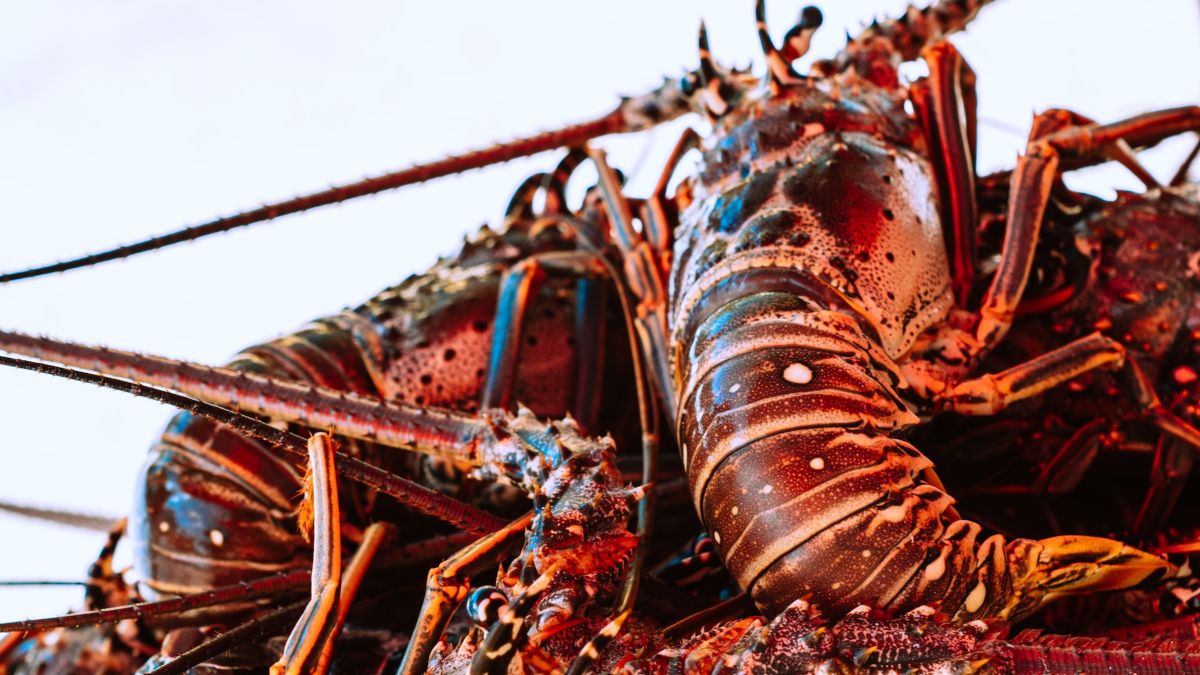As the COVID-19 depression bites harder in Belize, the owner of one of most iconic restaurants in Caye Caulker is raising money and cooking food to help an island with virtually 100% unemployment.
It’s Belize and Costa Rica who depend on tourism more than any other countries in the region, and both countries are suffering from the consequences of shutting their borders and killing their tourist industries during this pandemic.
Although Belize’s economy is smaller than Costa Rica’s, tourism counts for a larger piece of the pie. We’re talking around 40% of the Belizean economy and 40% of jobs snuffed out at the stroke of a pen. That’s unprecedented for this tiny country, and no doubt has caused more pain and suffering than the actual virus, which to date, has seen only 18 confirmed cases.
And not only has Belize confirmed only 18 cases of COVID-19 since March 23, it’s been virus-free (officially) since May 5 when the last infected people were pronounced recovered. The last new, confirmed case of COVID-19 was on April 13.
Belize’s success in combatting COVID-19 no doubt comes from the stringent measures taken by the government, including not allowing Belizean citizens back into the country. This measure has now been lifted, and some hotels and restaurants are tentatively opening up again.
But without international tourism to fill those hotels and restaurants, the future still looks very bleak. Most people agree that domestic tourism in Belize just won’t fill the gap. The current state of emergency extends until June 30, with virtually no chance of the borders reopening by then.
Which means people are still going hungry all over the country, with no immediate end in sight.
One of the worst-hit parts of Belize is Caye Caulker. Here, according to Jim Lynskey, owner of the island’s famous Lazy Lizard Bar and Grill, “we have gone from a island with 100% employment to 100% unemployment.”
With some businesses, including the Lazy Lizard, reopening on a limited schedule, that 100% unempoyment rate may go down a little, but nowhere enough to bring the island’s economy back.
The Lazy Lizard is one of Caye Caulker’s most iconic spots, the social heart of the island.
It sits on The Split, a channel that, well, splits Caye Caulker in two. The Lazy Lizard’s location on The Split, the heart of the island, means that everyone who comes to Caye Caulker ends up here.
Miami-native Lynskey bought the Lazy Lizard in 2014. An old hand in this part of the world, his dad was a pioneer of the Caribbean hospitality development industry starting in the late-1950s. He grew up in the Bahamas, working with his dad, and moved to Costa Rica in 1993.
He stayed in Costa Rica until 2014 when he fell in love with Caye Caulker and found the Lazy Lizard.
“It had been a iconic bohemian beach bar for 20 years, but at that time, had no real kitchen, about 15 bar stools and one picnic table,” he says.
“We kept the original bar, added a kitchen, built a variety of our famous palapas, including our in-water tables, and now seat over 450 people.”
Before the lockdown, the Lazy Lizard had 28 full-time employees.
It also supported the indirect employment of 25 others in beach rental kiosks, a pizza place, spa, juice bar, cafe, souvenir store, and art gallery on The Split.
When Belize closed down at the end of March, Lynskey felt a sense of responsibility to Caye Caulker.
The Lazy Lizard immediately started providing meals to its laid-off staff and their families, plus the local police.
“That was approximately 50 hot meals a day and was pretty obvious to me that the need for a food program would be critical in sustaining the families on the island. And so began the planning for a major food drive here,” says Lynskey.
“Today, we’re feeding over 180 families. We’ve shifted our focus to providing primarily food grocery packages, as most families have refrigeration and cooking capacity, just not the ability to purchase groceries. We try to provide a seven-day nutritional package to each family based upon the ages and size of the family, that should allow two-to-three snack meals a day for each member.”
180 families equals 600 meals a day, or 4,200 a week.
To manage this, Lynskey has set up a GoFundMe account called Hands Of Love – Caye Caulker Food Drive, working with another local restaurant, Il Pellicano, and also the local police who are handling deliveries.
“We have our meal per person around $1.00 per meal but that means our monthly operations are running at $15k using a lot of volunteers to assist,” he says.
“We initially stated a goal of $49,500, expecting to feed maybe 50 families or 150-200 people and we have tripled that number. Now we’ve upped it to $74,500 planning to be able to continue for another 3-4 months.”
Last week, Belize Prime Minister Dean Barrow expressed hope for a July 1 restart of tourism.
But in the same update, Barrow also conceded “the distinct possibility of a push back” from July 1.
“Unless, for instance, either a rapid test is available for us to screen visitors, or those visitors can produce a satisfactory passport immunity certificate, it is difficult to see how we could proceed,” said Barrow.
Which leaves Jim Lynskey, the Lazy Lizard, the island of Caye Caulker, and most other tourism communities in Belize adrift.
“I’m anticipating we’ll have to raise that $74,500 goal again as I truly believe that tourism will be a long time coming. But we’re committed to keep providing for as long as we can,” he says.
The big question now in Central America is how long can we hold out with no economy? How long can small, tourist-dependent countries carry on like this?
If you can help Jim Lynskey and the Lazy Lizard feed people in Caye Caulker, please visit his GoFundMe. Caye Caulker is just one community among many in Belize and elsewhere in Central America in desperate straights at the moment.
James Dyde is the editor of www.centralamerica.com. He lives in Escazu, Costa Rica.




